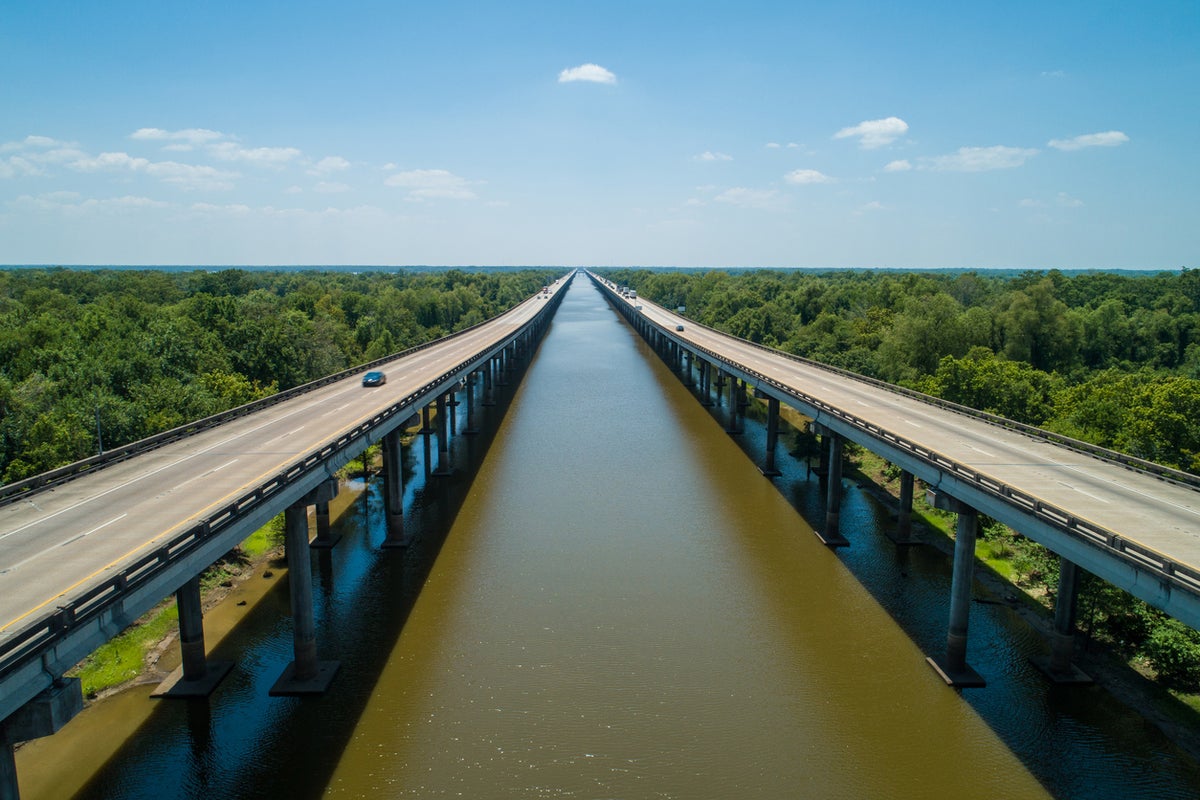There’s money in discarded gadgets: How this trio built one of S’pore’s biggest e-waste firms
9 years ago, KGS’s founders went door-to-door for dead gadgets. Now, it’s a top e-waste firm. Many of us toss spoilt phones into the bin without a second thought, or leave them forgotten in drawers as “spares.” But these...

9 years ago, KGS’s founders went door-to-door for dead gadgets. Now, it’s a top e-waste firm.
Many of us toss spoilt phones into the bin without a second thought, or leave them forgotten in drawers as “spares.”
But these habits quietly feed Singapore’s mounting e-waste problem. The city-state generates about 60,000 tonnes of such waste each year, and only 5.5% gets properly recycled.
Even when devices are recycled, there are safety risks. Electronics thrown into dustbins increase fire risks, while overflowing collection points pose another concern: dumpster divers who may access devices containing sensitive data.
To tackle these risks, KGS—an e-waste company on a mission to curb Singapore’s growing electronic waste problem—is making it safer and easier for people to recycle. We spoke to its co-founders to learn how KGS helps users recycle responsibly with peace of mind, while contributing to a circular economy.
KGS is one of Singapore’s early e-waste recyclers
KGS was founded in 2016 by longtime friends Jasper Tan and Sudesh Max, both 35, who shared a concern about the rising volume of discarded electronics in an increasingly tech-driven society.
At the time, there were few e-waste companies around, so the duo saw it as the right moment to step in.
Their startup phase was modest: Jasper and Sudesh borrowed a friend’s van, collected e-waste from buildings and companies, and delivered it to downstream recyclers on the same day. They taught themselves to dismantle laptops, phones, and power banks by hand.
Over time, the two garnered enough money to buy second-hand machines to shred and sort metals and plastics from the e-waste they collected.
 Image Credit: KGS
Image Credit: KGS
Eventually, Jasper and Sudesh managed to save up S$10,000, which they used to set up a 600 sq ft unit in Ang Mo Kio.
As clients became more concerned about data security, the duo also purchased a degaussing machine—a device that uses a strong magnetic field to completely erase data from hard drives and other storage media. They also offered door-to-door collection, giving customers peace of mind while ensuring their devices were safely recycled.
Tapping into new recycling opportunities
In 2019, Jasper and Sudesh crossed paths with Andrew Tay, 37, who was then in the paper recycling sector, while collaborating on a project.
After recognising that paper recycling offered limited long-term prospects, Andrew joined KGS in 2021 as a co-founder.
With an engineering background, he managed to strengthen KGS’s backend processes, allowing the team to explore new recycling opportunities.
 (Left): KGS co-founders Andrew Tay and Sudesh Max, (Right): KGS’s battery recycling facility in Tuas./ Image Credit: DBS Bank/ KGS
(Left): KGS co-founders Andrew Tay and Sudesh Max, (Right): KGS’s battery recycling facility in Tuas./ Image Credit: DBS Bank/ KGS
By 2023, the surge in battery-powered devices and electric vehicles created an opening for battery recycling. Leveraging capital generated over the years, KGS invested S$2 million to build a 20,000 sq ft vertical battery recycling facility in Tuas—Singapore’s third dedicated battery plant. The facility added 2,600 tonnes of battery recycling capacity annually, boosting the nation’s total capacity by around 30% at the time.
To recycle batteries, KGS discharges them in saltwater to remove any power they still hold. The company then dismantles them manually as batteries have diverse specifications, and puts them into machines to be shredded.
Beyond battery recycling, the trio also closed their old factory and consolidated their other e-waste operations at the new Tuas facility.
 Image Credit: KGS
Image Credit: KGS
This year, KGS expanded its warehouse space to 32,000 sq ft and launched Singapore’s first automated solar panel recycling facility. The facility is equipped with systems that help recover valuable materials such as glass, silicon, silver, and aluminium, reducing landfill waste and extending the lifespan of solar infrastructure.
With this addition, KGS has become the first integrated facility in Singapore capable of recycling general e-waste, lithium-ion batteries, and solar panels under one roof. It can process 75 tonnes of waste per day and store 210 tonnes in its warehouse.
As KGS puts it, electronic waste, or e-waste, is simply “anything powered by electricity,” and their goal is to recycle every last device.
The journey is not without hiccups
From its humble beginnings, KGS has grown into one of Singapore’s largest integrated e-waste recycling companies, equipped with state-of-the-art facilities.
 Dr. Amy Khor at the launch of KGS’s battery plant in Tuas./ Image Credit: Dr. Amy Khor via Facebook
Dr. Amy Khor at the launch of KGS’s battery plant in Tuas./ Image Credit: Dr. Amy Khor via Facebook
But despite having rigorous safety systems in place, incidents can still occur.
In Oct 2024, a fire broke out in the warehouse while operations were closed, suspected by SCDF to have originated from stored e-waste.
However, the founders said that the exact cause remains unknown. They note that this was the first fire in KGS’s nine-year history and reaffirm their commitment to strict safety regulations.
Another ongoing challenge for KGS is land cost, particularly for a waste management and recycling company that requires significant space. To address this, KGS maximises every inch of their facilities through vertically optimised layouts, including integrated solar panels.
Encouraging recycling in Singapore
Beyond expanding their business, KGS has invested significant efforts in public education, encouraging Singaporeans to recycle—an urgent task given that the domestic household recycling rate dropped to an all-time low of 11% in 2024.
Over the years, KGS has installed e-waste bins in 255 commercial buildings and continues to offer doorstep collection across the island, supported by a team of around 30 staff.
 (Left): KGS collecting PMDs for recycling, (Right): KGS’s e-waste bins/ Image Credit: KGS
(Left): KGS collecting PMDs for recycling, (Right): KGS’s e-waste bins/ Image Credit: KGS
Between Dec 2020 and mid-2021, the company partnered with the National Environment Agency for a nationwide collection of non-compliant personal mobility devices (PMDs). Residents were offered S$100 incentives to surrender e-bikes and e-scooters deemed fire hazards.
KGS visited various neighbourhoods and collected over 3,300 PMDs, aided by its outreach to the community on Telegram, Facebook, and WhatsApp.
 KGS’s TakeBag initiative./ Image Credit: KGS
KGS’s TakeBag initiative./ Image Credit: KGS
Last year, the Infocomm Media Development Authority engaged KGS for a nationwide e-waste collection initiative. This led to the launch of TakeBag, a collaboration with Pick Locker modelled after parcel delivery systems.
Residents can order free sealable bags from KGS’s website, deposit e-waste, and drop them at any of Pick Locker’s 1,700 collection points.
The initiative is still ongoing and has already collected over 1,500 kg of e-waste, achieving an order-to-return rate of more than 80%. This effort is supplemented by on-the-ground engagement in neighbourhoods such as Zhenghua and Clementi, where more than 30,000 TakeBags have been distributed.
“It’s just so convenient for people to recycle, and they get to be assured of their data’s destruction while being able to declutter. It’s a win-win for the environment and for everyone,” said KGS co-founder Max.
Eyes on the region
At KGS’s Tuas facility, processing volumes continue to climb: The company handled 400–600 tonnes of e-waste in 2024, with 2025 volumes projected to be 1.5 times higher.
In the next five years, even as national recycling rates fluctuate, KGS sees Singapore as a potential regional hub for recycling innovation, sharing operational knowledge with neighbouring countries.
The firm is already exploring replication in Malaysia and Indonesia, though the founders declined to share further details.
Their advice to aspiring entrepreneurs: know your audience, cater to their needs, and persevere with grit, especially in demanding industries like waste management.
Learn more about KGS here. Read other articles we’ve written on Singaporean businesses here.Featured Image Credit: KGS

 Tfoso
Tfoso 
































